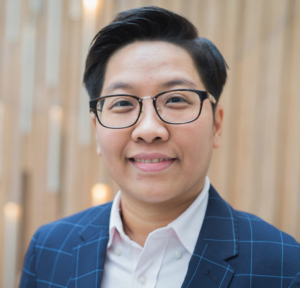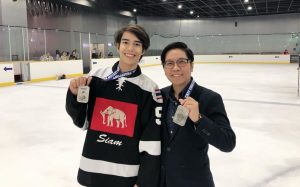The University of Connecticut’s Department of Educational Leadership (EDLR) is fortunate to have well-connected alumni who continue to work with the university, post-graduation or some who have returned after years of work in diverse professional settings. The “Staying in Storrs” series will highlight our talented EDLR program alumni and the work they are currently doing with UConn. This feature focuses on the UCAPP program.
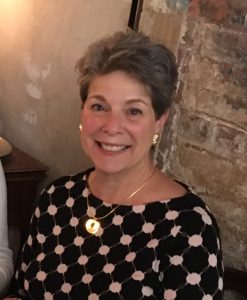
UCAPP alumna, Loretta Rubin was a member of the first UCAPP cohort based out of Stamford, graduating from the program in 1996. Currently, she serves as a leadership coach to interns in the same program that she graduated from, 22 years prior; an opportunity that she feels fortunate to have which allows her to draw upon her previous experience, when she was enrolled in the program.
Having first-hand experience as a student, she has a deep understanding of the challenges students face with regards to attending classes at night and on the weekends, while simultaneously balancing their day-jobs as successful educators. For this reason, she’s excited to serve as a role model to these aspiring leaders and teach them how to balance the program’s requirements in order to achieve their career goals.
Rubin reflected on the many role models who helped her throughout the program and her professional journey, one in particular was her adviser, Ellen Sloane. Sloane helped her navigate the program and balance the demands of higher education with the demands of the classroom. Today, Rubin is dedicated to providing that same support to UCAPP students in her role as a leadership coach. She does not tell students what to do or what to think – she asks questions that get them to think critically and adopt different perspectives. This helps them broaden their learning to get the most out of their internship experience.
One element that has helped Rubin transition into a role on the professional side of the UCAPP program is the continued commitment to the same values that the program upheld when she was a student. The importance of instructional leadership, core knowledge competencies, commitment to equity and cultural awareness, and the continued dedication to students remain the program’s top priorities. Rubin also applauds the program for its ability to continuously grow to meet the needs of an ever changing educational landscape while navigating the complexities of a principalship.
When she joined the program, Rubin knew it was highly respected. However, she explains that what she gained – and continues to gain from the program – far exceeded her expectations. She describes that she sought admission to the program for the credentials, but the diverse perspectives and comprehensive curriculum re-instilled her purpose for pursuing a career in education, with a goal “to make the world a better place.”
After 11 years of mentoring principals across the state, Rubin is excited to shift her focus to the UCAPP students as they have a unique opportunity to assess current issues in their internships, apply learnings from their classes, and implement creative solutions. She believes that the ability to inspire growth and development not only with the UCAPP students themselves, but throughout the educational landscape of Connecticut is amazing. The Department of Educational Leadership is excited for the energy and perspective that Rubin brings with her as she returns back to UCAPP after years in the field.



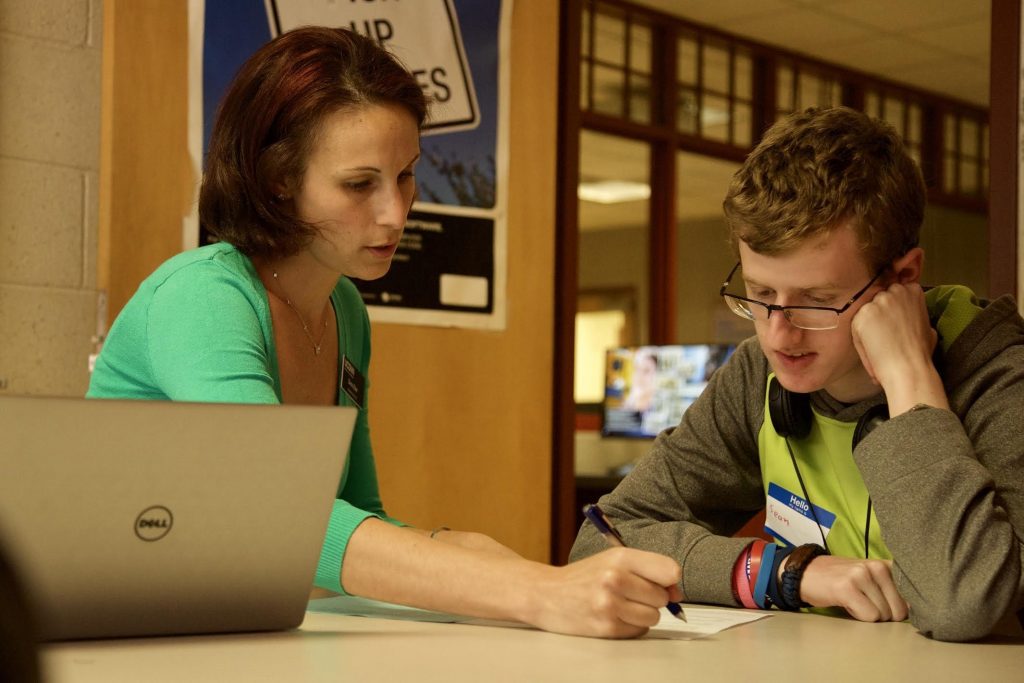

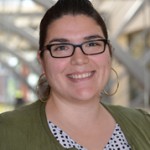
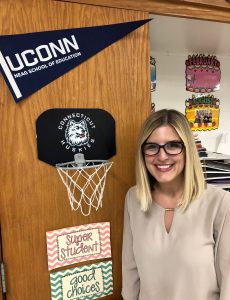
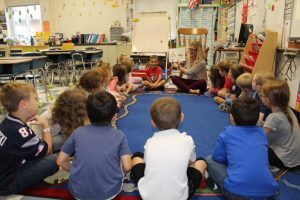
 “Reform to me means real, fundamental change,” responded Department of Educational Leadership Professor,
“Reform to me means real, fundamental change,” responded Department of Educational Leadership Professor, 
